It was an all-hands-on deck moment in Leadville. Shortly after the March COVID shutdown, the St. George’s mobile food pantry ran out of food. The small pantry the church maintained also ran out. And the other two food pantries in the area open only one day a month were not equipped for daily operation and were shut down. For the first time, families were turned away.
It was a tough moment for a church that had provided community meals five days a week to all comers for nearly 40 years.
Community members who worked with the church’s pantry jumped into action, soliciting food from other food rescue organizations in Denver to avoid pulling food resources from the other limited resource communities near Leadville. They immediately began prepackaging boxes to get them out to families in need. But they quickly found that wouldn’t work. As families came to the church to pick up food, they quickly found boxes had too much food or too little or food that a family had no hope of using due to dietary issues or cultural barriers.
“Honestly it felt like allowing client choice would be easier than continuing to pack boxes and then adjust them for each household as they came to the door,” said Emily Olsen, director of Cloud City Conservation Center, one of St. George's community partners. “We’ve always been willing to work together here. Many of us live here because we are passionate about the fact that we’re all part of the same community. We understood pretty quickly that the only way we are going to get through this is together.”
So, in the midst of the confusion and growing need, the community went back to the drawing board. They quickly found other community partners willing to help. Organizers from the Leadville 100 Trail Race Series called. They opened their warehouse for the pantry and allowed them to take whatever they needed. With that came a large supply of hand sanitizer, rubber gloves and other supplies.
With the religious services at St. George’s shut down, the group did the difficult and reopened the food pantry, this time spread out across the entire sanctuary, so they could maintain social distancing. They were one of the first organizations in town to join the local grocery store in requiring masks. Only two families are allowed to shop at a time. They have extra volunteers to monitor the pantry the entire time it is open. And they enforce a strict, “you touch it, you take it” policy. They spent time helping volunteers learn how to approach pantry customers who weren’t following public health guidelines with compassion and support. And the pantry offers masks, gloves and hand sanitizer so no one is turned away. So far, they’ve pulled off this feat of consumer choice indoors with no bad repercussions.
But it was obvious to the group that many more families in need either couldn’t or wouldn’t come to the newly expanded pantry to shop. Olsen notes that stigma around hunger is still a very real issue in the mountain town where she lives.
Together Lake County Build a Generation, Cloud City Conservation Center and Full Circle launched a simple Google form that would allow people to indicate the types of assistance they need from rent to heat to food. That allowed the requests for food to begin flowing directly to the pantry where volunteers could meet the need and deliveries could be launched. Today, 120 local families participate in home delivery services, down just slightly from a high of 160 families. While this service doesn’t allow the same level of choice as in-pantry shopping, participants can make requests by phone and volunteers honor those requests as resources allow.
And the community continues to work on these issues. Volunteers from many of the local service organizations have formed the Unmet Needs Committee where they talk regularly and continue to try and address ongoing support needs in their community.
Join us for this series of stories aimed at sharing innovations. And join the conversation by sharing your similar or unique innovations with info@endhungerco.org. Additionally, the Blueprint has resources available to assist your organization in thinking through individual connection challenges and creating need-specific innovations that meet your community’s needs. If your organization could use that help, reach out to Erin Ulric at eulric@endhungerco.org.

